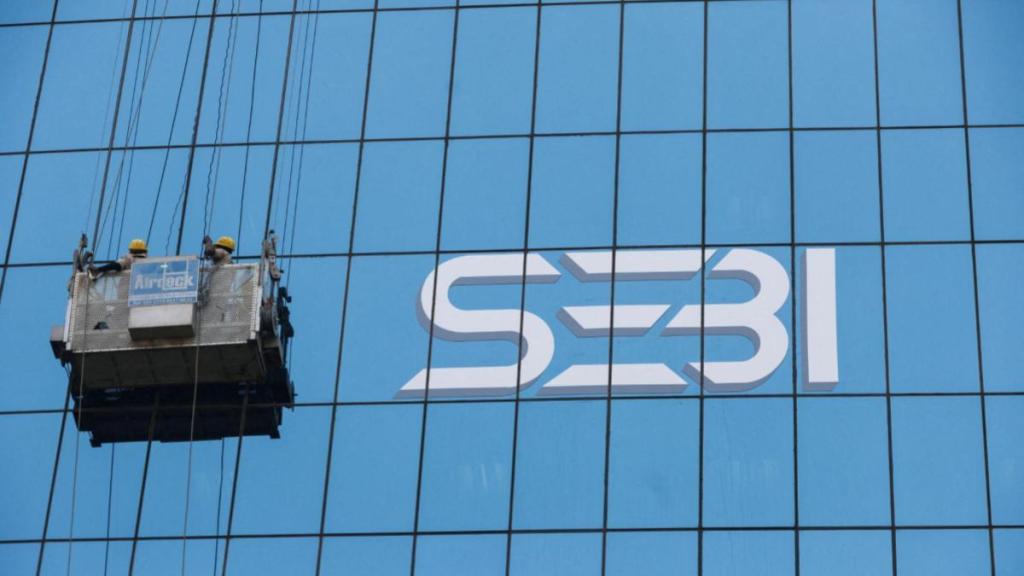With many more start-ups now listing on the country’s exchanges, the capital markets regulator has been revisiting the rules at regular intervals. An expert committee set up by the Securities and Exchange Board of India (Sebi) has now recommended that the rules relating to the minimum promoter contribution of companies at the time of an initial public offer be relaxed. It has been suggested that any non-individual public shareholder, which would hold 5% or more of the post-offer equity share capital, should be permitted to contribute towards the shortfall in minimum promoters’ contribution without being identified as a promoter. This would be subject to the existing cap of 10%. Such equity shares that would be contributed towards the shortfall in minimum promoters’ contribution should be eligible under Regulation 15.
The discussion paper floated on Friday has explained the rationale for the suggestion, saying that companies often have several rounds of fund-raises prior to listing, and as such the promoters’ holding may fall short of the minimum promoter contribution. This is true, and a lower contribution than the required level of 20% of the post-offer equity share capital should not come in the way of a listing on the bourses. The rules of the ICDR—Issue of Capital and Disclosure Requirements—do allow for some categories of investors, such as alternative investment funds, venture capital firms, commercial banks and insurers to contribute to the shortfall. However, broad-basing the shareholding would be welcome; ultimately, any category of public investors should be permitted to contribute to the equity. The fact is that investors are now mature enough to judge for themselves whether the promoter has enough skin in the game. A broad-based shareholding doesn’t necessarily mean promoters are not committed. Moreover, shareholders with a bigger stake tend to trade less frequently, so the stock would be protected from volatility.
Another of the panel’s recommendations to the effect that equity shares, received on conversion or exchange of fully paid-up compulsory convertible securities and depository receipts held for more than one year, be counted as equity shares for the purpose of minimum promoters’ contribution is also welcome. Again, this could help broad-base the ownership of the entity and also enable serious investors to participate in the issue. The panel has also attempted to ease the process of filing offer documents for fund-raises.
Currently, a draft offer document needs to be filed afresh if, for a fresh issue of shares, there is any increase or decrease in the estimated size by more than 20%. In the event of an offer for sale (OFS), any increase or decrease in either the number of shares offered for sale or the estimated issue size, by more than 50% calls for the documents to be re-submitted. The panel has said that for an OFS, the size can be based either on the estimated issue size (in rupees) or the number of shares, as disclosed in the draft red herring prospectus, and not on both criteria. However, it has also rightly pointed out that since the purposes for which the money is being raised, might get impacted, further consultation would be needed on this subject. Market experts had suggested the limit for changing an issue of fresh shares should be raised to 35%. While companies need to be circumspect while deciding the quantum of the issuance, more flexibility is warranted as the secondary markets can be volatile, thereby impacting IPOs.


